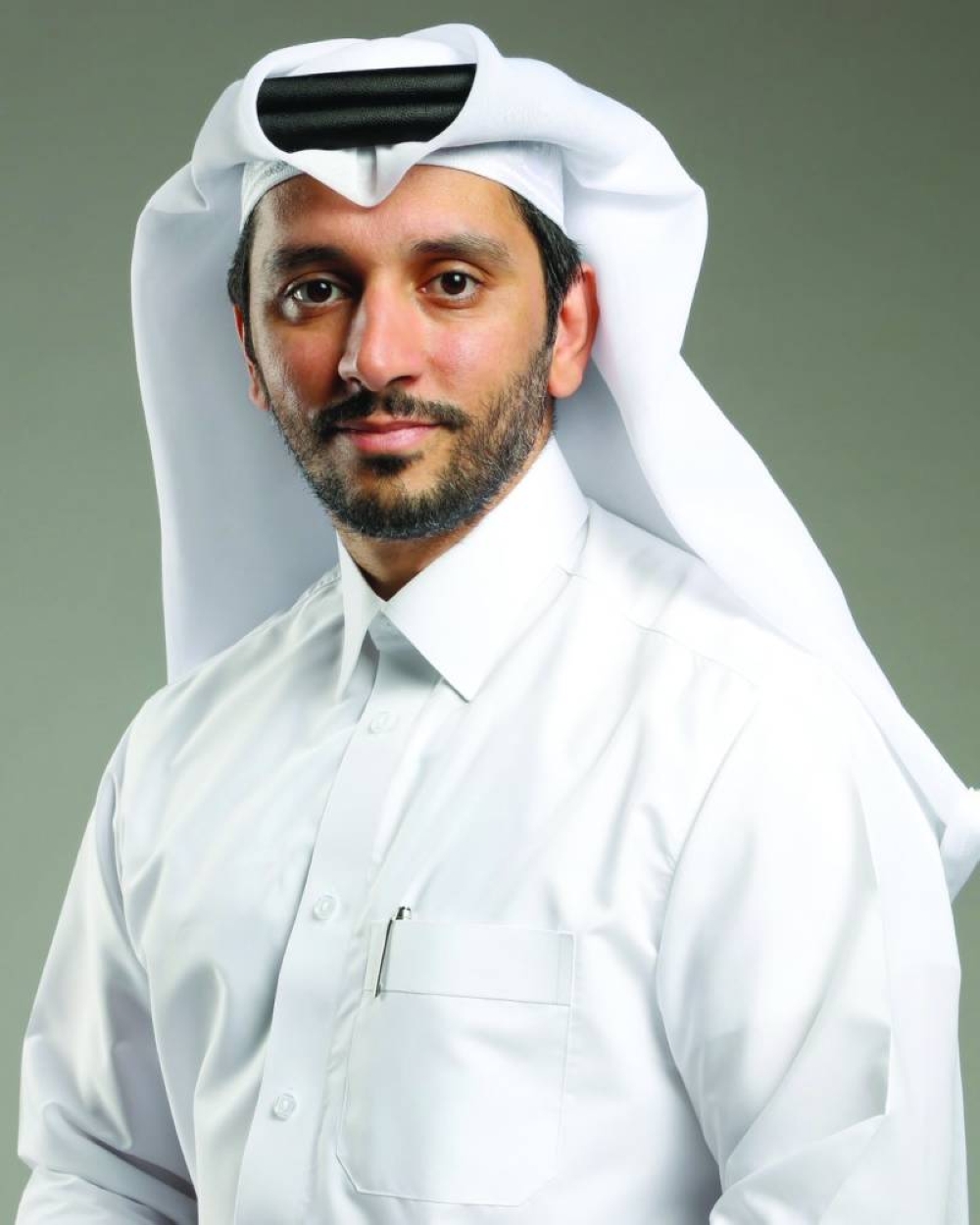In Spain in the early 2000s there was a real estate boom which came to an abrupt halt with the banking crisis of 2008. Around 5mn homes had been built between 2000 and 2008, in anticipation of interest from overseas purchasers, and far in excess of demand. An estimated 3mn properties were still empty in 2015, and some developments were left uncompleted.
Does Qatar risk similar dynamics? It is unlikely, but it would be unwise to be complacent. A recent report by IPA Qatar and EY, Qatar’s Real Estate Market Outlook - Building the Future, published in September 2022, noted that in the decade 2010-2020, residential supply grew annually by 6.9%, while the population grew by 3.8% each year in the same period.
The report noted that real estate has become one of Qatar’s fastest growing sectors, ranked second behind hydrocarbons for attracting foreign direct investment. The GDP of the real estate sector grew by 18% between 2015 and 2020, while the number of issued building permits nearly doubled.
But with population growth not achieving similar rates of growth, there are signs of oversupply and the potential for this to become more serious.
Another report detected signs of the sector levelling off, or potentially declining, after the World Cup in November-December last year. Real estate consultancy ValuStrat reported on Qatar real estate for the first quarter of 2023. It found that apartments registered a slight capital depreciation of 0.8%, while gross yield retreated marginally. Residential rents fell 5.1% quarter-on-quarter, though were still 3% higher than a year earlier. Villa market rents fell 3.1% quarter-on-quarter.
Capacity is continuing to grow. Some 1,500 residential units were added in the first quarter, with a projection of 11,700 additional units for the whole of 2023. In terms of office space, 500,000 m2 is due to be added in 2023, mostly in Lusail and West Bay. Overall, office rents registered a slight decline.
At the Qatar Real Estate Forum in early June many speakers said that there should be a halt on new developments, and a push to market existing projects. This is a timely reminder either to match supply to demand, or to develop credible plans for higher demand.
The establishment of the Real Estate Regulatory Authority is a step in the right direction. It will regulate the sector and provide assurance to investors and buyers. It should play an important role in defining the competitive advantage of this sector compared to other markets. It will provide accurate and up-to-date data on the market, helping avoid serious mismatches between demand and supply. The ultimate purpose of real estate is to provide homes and working spaces, and to support sustainable economic growth and healthy societies.
The challenge of overseeing population growth in a responsible way begs fundamental questions: Where is the population growth (above natural birth growth) going to come from? If from overseas expats, what will attract people to visit or make Qatar their home?
The traditional strengths of Qatar are a warm climate, strong economy and currency, high personal security, political stability, and zero income tax. It can now add high-quality modern housing. These are all necessary, but not always sufficient.
Many countries that have sought to attract individuals from other countries, such as Canada and Australia, have prioritised professional individuals, especially those in their 30s with young families. Such individuals tend to add more value to the economy than a smaller number of wealthy people. With young professionals, there is a multiplier effect: They are often working in sectors of the economy with strong growth potential, they rely relatively little on state support, and their children are likely to be well educated, so the economic contributions extend into future generations.
Other nations, especially those with warm climates, have succeeded in attracting well-off retired individuals.
It would be possible for Qatar to attract both categories, but there have to be sufficient incentives. For young professionals, there have to be attractive career opportunities, as well as leisure pursuits such as sports. An encouraging statistic is that GDP growth in the non-hydrocarbon sector in Qatar is above 4%, according to the International Monetary Fund, as the country expands its knowledge economy. In addition, young professionals with families will want and expect the best schools and universities. There have to be homes in the mid-price range, suitable for families; in Qatar there has been a tendency to build villas aimed at the very rich.
For retired individuals, residential areas have to be relaxed in nature and accessible, while availability of healthcare is a major consideration.
There are other motives for investing in, or relocating to, Qatar. It would be unwise to attract individuals on the basis of wealth alone, given the risk that it could encourage money-laundering, and entail security risks. The European Union has ended the so-called ‘golden visa’, based on investment alone, owing to such concerns.
Tourism has increased significantly to Qatar, a real success story. Even here, however, occupancy rates have fallen slightly, according to ValuStrat, owing to the increasing number of hotel rooms. Qatar would face challenges in becoming a major destination for a long vacation, given the competitive nature of the tourism industry.
Qatar has many attractions, but it is in a competitive situation both for tourists and those coming to stay for longer. Overall, a growing and modernised real estate sector has supported and encouraged economic growth, and has attracted investors and expatriates. But its provision mustn’t outstrip likely demand too far. Residential property developments should be thought of as potential communities, not just blocks of housing, but facilitators of a thriving economy. They should feature a range of facilities and resources, be environmentally pleasant, and be well connected digitally and in terms of public transport.
In a competitive environment, Qatar needs to attract the most enterprising and value-adding expatriate professionals. Otherwise there will be empty apartment blocks and ghost towns.
The author is a Qatari banker, with many years of experience in the banking sector in senior positions.

